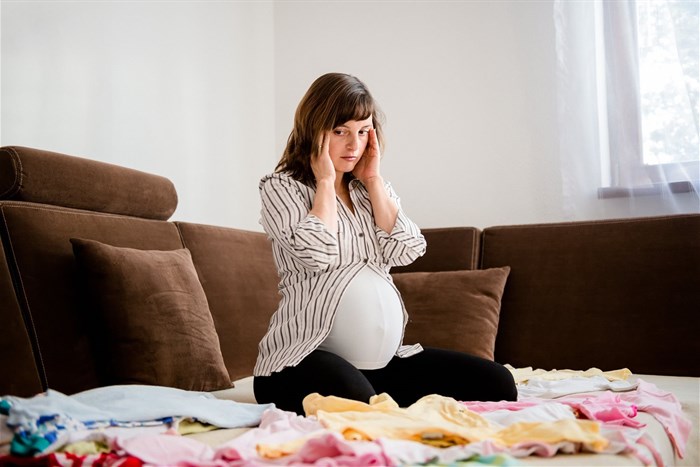
The study titled, Perinatal suicidality: prevalence and correlates in a South African birth cohort investigated how often pregnant women and new mothers experienced suicidal ideation and behaviour (SIB), and also assessed what factors were associated with SIB.
A total of 748 women aged 18-35 years were evaluated by a multidisciplinary team during their pregnancy and again when their baby was six months old. This group of women experienced high rates of stressors such as poverty and exposure to traumatic events.
The rates of SIB were high - 19.9 % of the pregnant women and 22.6% of the mothers with six-month old babies had at least some thoughts that they did not want to be alive anymore in the preceding month.
Lead author, Dr Karen Maré of UCT’s Neuroscience Institute and Department of Psychiatry & Mental Health, said: “Women who experienced the most severe SIB were more likely to have a mental illness such as depression and post-traumatic stress disorder (PTSD) compared to those not experiencing any SIB. Women with less severe SIB also had more depression and PTSD but in addition were more likely to report psychosocial stressors, such as recent intimate partner violence, food insecurity and childhood trauma.”
Maré suggested that sensitive and specific screening is needed in order to identify high risk individuals for greater support. She also emphasized how the DCHS highlights the social determinants of health, and the crucial need to address these.
“While we haven’t established causality here, our findings can inform theories about how SIB develops. These findings suggest that contextual risk factors are important in women presenting with less severe SIB, and that mental disorders may play a key role in more severe SIB. Further longitudinal research is needed to elucidate these complex causal pathways,” she said.
The DCHS is a multi-disciplinary study of child health led by Professor Heather Zar. A key focus is on mental health; this work is led by Professor Dan Stein. The study has supported a wide range of postgraduate degrees and dissertations, including that of Maré.